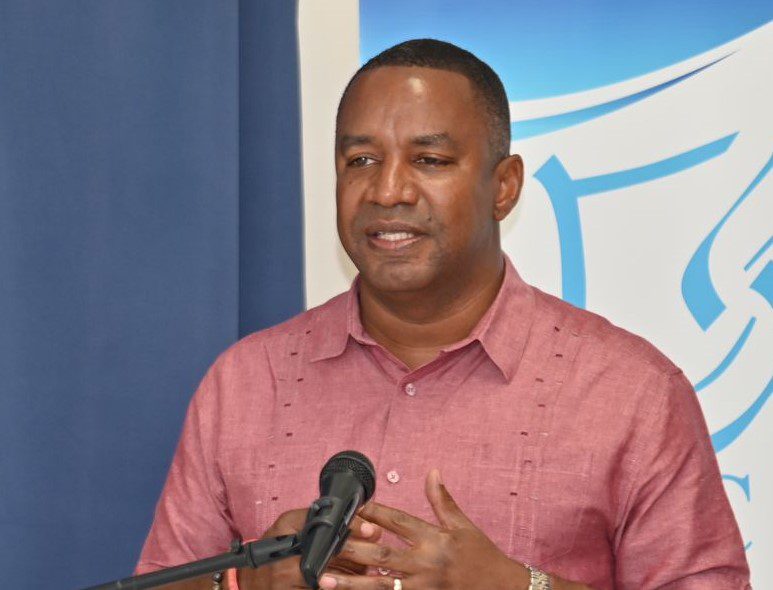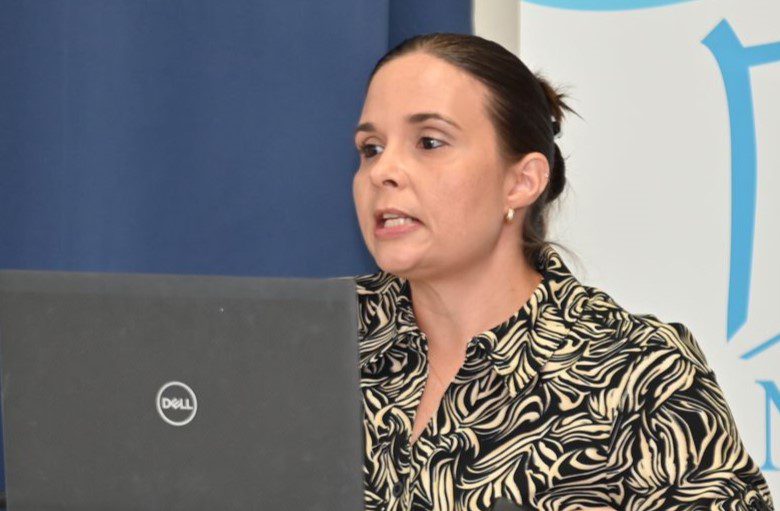
Women in need of assistance for drug and alcohol addiction are shying away from getting help, mainly out of concern for their children’s care, welfare, and a fear of the stigma attached.
This was outlined in a study conducted by the National Council on Substance Abuse (NCSA) entitled Barriers to Substance Abuse Treatment in Barbados: Factors Hindering Women of Treatment Services, which also revealed that alcohol and marijuana were the drugs of choice for women.
Noting that the study was the first of its kind in the region, Minister of Home Affairs and Information, Wilfred Abrahams, said reports indicated that it was difficult to persuade women to seek treatment.
This, he said, was also supported by the Barbados Drug Information Network report, which showed that the number of women seeking treatment was “disproportionately” lower than the number of men doing so.
“While a woman may go and be diagnosed and the treatment options are there, and one of those treatment options to break that habit is residential care; a woman, more likely than not, will choose her family and her obligations to her family over herself [and] forgo her issues and her treatment to protect and be there for her family.
“Although the substance abuse problem may not, in her mind, be a barrier to taking care of her family, her maternal instincts says ‘I cannot be away from my family. I cannot be away from my children’, and this is a problem that we have to acknowledge and find a way to overcome,” the Minister said.
He stressed that to protect children and Barbados’ future, the issues confronting women must be addressed. “To protect our children, and the future of our country, we must address the issues that confront women and the challenges that they have in accessing and making available treatment to assist them,” Mr. Abrahams said, while commending the NCSA for conducting the study.
The Minister also urged the team at the NCSA not to keep the findings to themselves, but to lend their expertise and support to regional partners who want to conduct similar research.
During her presentation, Research and Information Officer at the NCSA, Laura Foster, said the care and welfare of their children was the main reason women avoided going for treatment for their addiction.

“Sometimes, that concern is so great, that the women cannot concentrate on their sessions,” Mrs. Foster said.
This, she said, was followed by that of the stigma, and the labels that would follow if they are seen as having an addiction, and around the Psychiatric Hospital and the likelihood of going there for treatment.
Mrs. Foster also highlighted the lack of family support, unmet basic needs, and the absence of workplace drug policies as other factors hindering women from going forward to receive treatment.
One of the recommendations was for matters related to child care be provided as a wrap-around or support service while women are in treatment.
As it relates to stigma, Mrs. Foster stated there was a need for a wide public education campaign to raise awareness about addiction and treatment, its causes, and impact.
She further suggested that terms such as drug addict or alcoholic be replaced by “a person with an alcohol disorder” or “drug disorder”.
In addition, Mrs. Foster said there needed to be an expansion of the community psychiatric clinics to address the stigma associated with having to go to the Psychiatric Hospital for treatment.
Recommendations were also made for a national peer support group, which fostered family support; the establishment of a national support mechanism; the provision of employment assistance; a national push for workplace drug policies; public information campaigns; and the testing of persons with mental health disorders for substance abuse disorders.
